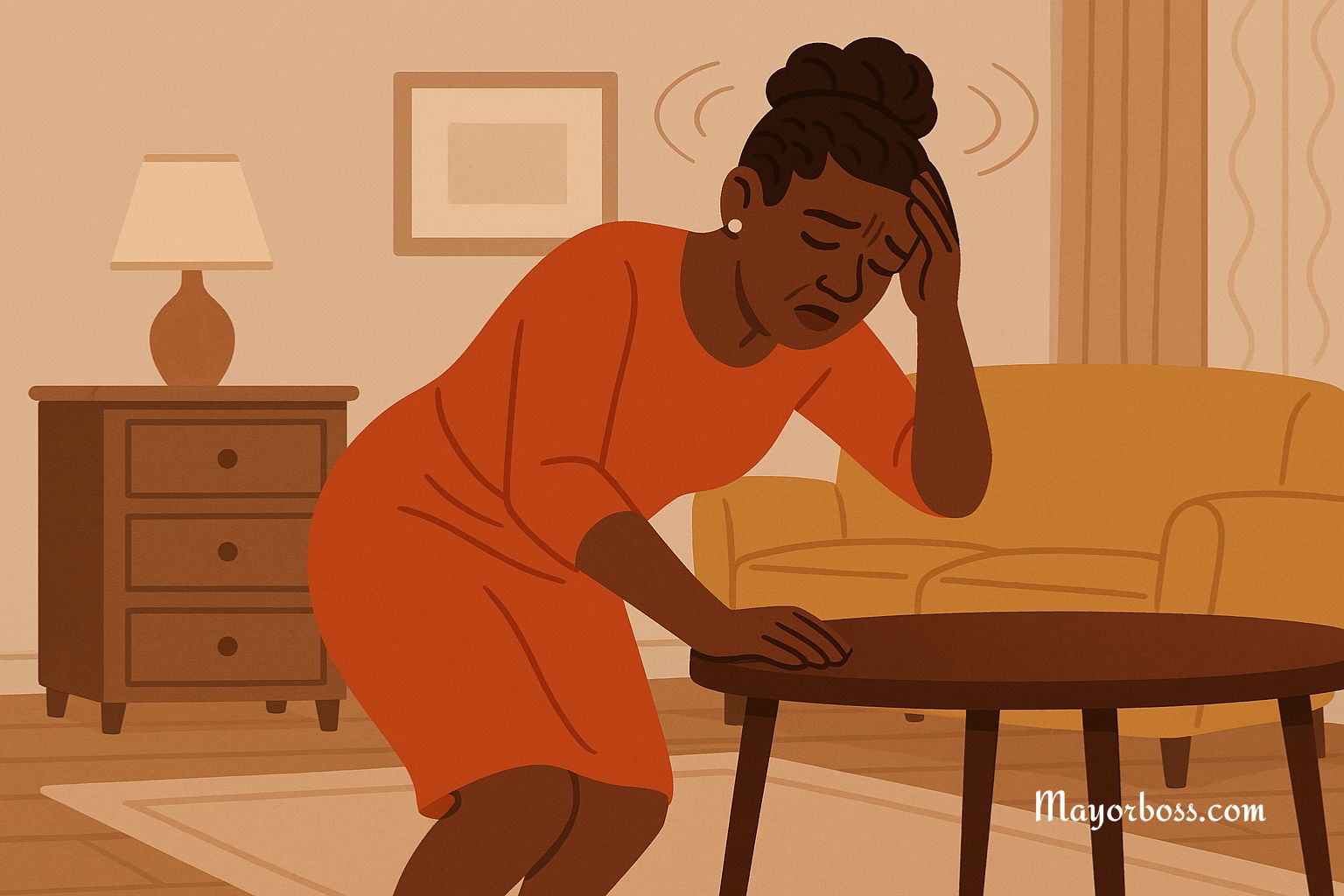What is the Pancreas?
The pancreas is a vital organ in your body that sits behind your stomach. It has two main jobs: making enzymes to help digest food and producing hormones like insulin to control blood sugar levels. Problems with the pancreas can cause serious health issues, such as diabetes or pancreatitis.
Location and Structure
Where is the Pancreas?
The pancreas is tucked away behind your stomach, close to the beginning of the small intestine. It’s a bit like a long, flat fish in shape, and it reaches about six inches in length.
What Does the Pancreas Look Like?
The pancreas is made up of two main parts: the exocrine and the endocrine. The exocrine part is filled with tiny tubes that make digestive enzymes. The endocrine part is filled with clusters of cells called islets that make hormones like insulin.
Functions of the Pancreas
Digestive Enzymes
The pancreas helps you digest food. The enzymes it makes break down fats, proteins, and carbohydrates, turning them into smaller pieces that your body can absorb.
Controlling Blood Sugar
According to the National Library of Medicine, the pancreas plays a key role in controlling blood sugar. It produces insulin, which tells your body’s cells to take sugar from your blood. This helps keep your blood sugar levels in the right balance.
Common Pancreas Problems
Pancreatitis
Pancreatitis is an inflammation of the pancreas. It can cause severe pain and can be quite dangerous.
Diabetes
When the pancreas doesn’t make enough insulin, or your body can’t use it properly, you might develop diabetes. This can cause high blood sugar levels, which can harm your body over time.
Pancreatic Cancer
This is a type of cancer that starts in the pancreas. It’s known to be quite aggressive and can be hard to treat.
How to Keep the Pancreas Healthy
To keep your pancreas healthy, it’s wise to eat a balanced diet with plenty of fruits, vegetables, and whole grains. Avoiding excessive alcohol and maintaining a healthy weight can also be helpful.
In summary, the pancreas is an amazing organ with vital functions in digestion and blood sugar control. Taking care of it is an essential part of maintaining good health.
Frequently Asked Questions
What are the Symptoms of Pancreatitis?
Pancreatitis can cause severe pain in the upper abdomen that might radiate to your back. You might also feel nauseated, vomit, and have a fever. If you experience these symptoms, it’s important to see a healthcare provider quickly, as pancreatitis can be serious.
How is Diabetes Related to the Pancreas?
Diabetes is closely related to the pancreas because this organ produces insulin, a hormone that helps control blood sugar levels. If the pancreas doesn’t make enough insulin, or the body can’t use it properly, blood sugar levels can become too high, resulting in diabetes.
Can I Live Without My Pancreas?
Yes, it’s possible to live without a pancreas, but it’s not easy. If you have to have your pancreas removed due to illness or injury, you will need to take enzymes to help digest food and insulin to control your blood sugar. Your healthcare team will guide you through this complex process.
What Foods are Good for the Pancreas?
For a healthy pancreas, you should focus on a balanced diet that includes whole grains, lean proteins, fruits, and vegetables. Avoiding excessive fats, sugars, and alcohol can also support pancreatic health. If you have specific concerns about your pancreas, it might be a good idea to consult with a dietitian or other healthcare provider. They can help you choose the right foods for your unique needs.
Further Reading: 7 Signs That Your Pancreas Is Not Working Properly






